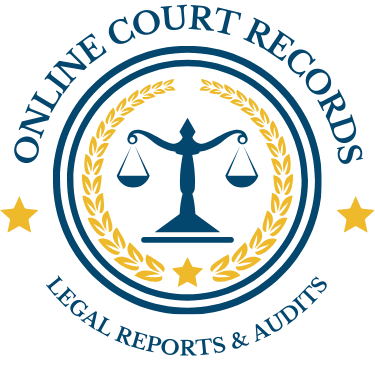Criminal defendants are individuals who have been charged with committing a crime and are facing legal proceedings in court. In the context of criminal law, being a defendant means that someone has been formally accused of violating criminal statutes and will undergo a trial or plea process to determine guilt or innocence. Here are the key points about criminal defendants:
- Accusation and Charges: The process begins when a person is accused of a crime, either by a law enforcement investigation leading to an arrest or through a formal accusation such as an indictment by a grand jury or a criminal complaint by a prosecutor.
- Rights of Defendants: Criminal defendants have certain rights under the Constitution and other laws to ensure a fair trial. These include the right to be presumed innocent until proven guilty, the right to an attorney, the right to a speedy and public trial, the right to remain silent, and the right to be tried by an impartial jury in most cases.
- Legal Representation: Defendants have the right to be represented by an attorney. If they cannot afford one, the court will appoint a public defender or other legal assistance at no cost to the defendant.
- Pre-Trial Process: Before a trial, there are several steps including arraignment (where charges are formally read), bail hearings, and pre-trial motions where legal arguments can be made regarding the admissibility of evidence, and other procedural issues.
- Plea Bargaining: Many cases are resolved without a trial through plea bargaining. This is a negotiation between the defendant (usually through their attorney) and the prosecutor, where the defendant agrees to plead guilty to a lesser charge or to the original charge in exchange for a more lenient sentence or other considerations.
- Trial: If a case goes to trial, the prosecution must prove the defendant’s guilt beyond a reasonable doubt. The defendant can present a defense to counter the prosecution’s evidence. The verdict is decided by a judge (in a bench trial) or by a jury.
- Post-Trial Rights: If found guilty, defendants have the right to appeal the conviction or sentence, seeking a higher court’s review of the legal and procedural aspects of the trial to ensure fairness and adherence to the law.
The specific processes and rights can vary depending on the jurisdiction and the nature of the crime but generally adhere to these principles to ensure justice and protect the rights of individuals accused of crimes.




The article provides a comprehensive overview of the rights and processes involved in criminal proceedings. It is crucial for individuals to understand their rights as defendants to ensure a fair trial and access to legal representation. The thorough explanation of plea bargaining and post-trial rights adds depth to the discussion.